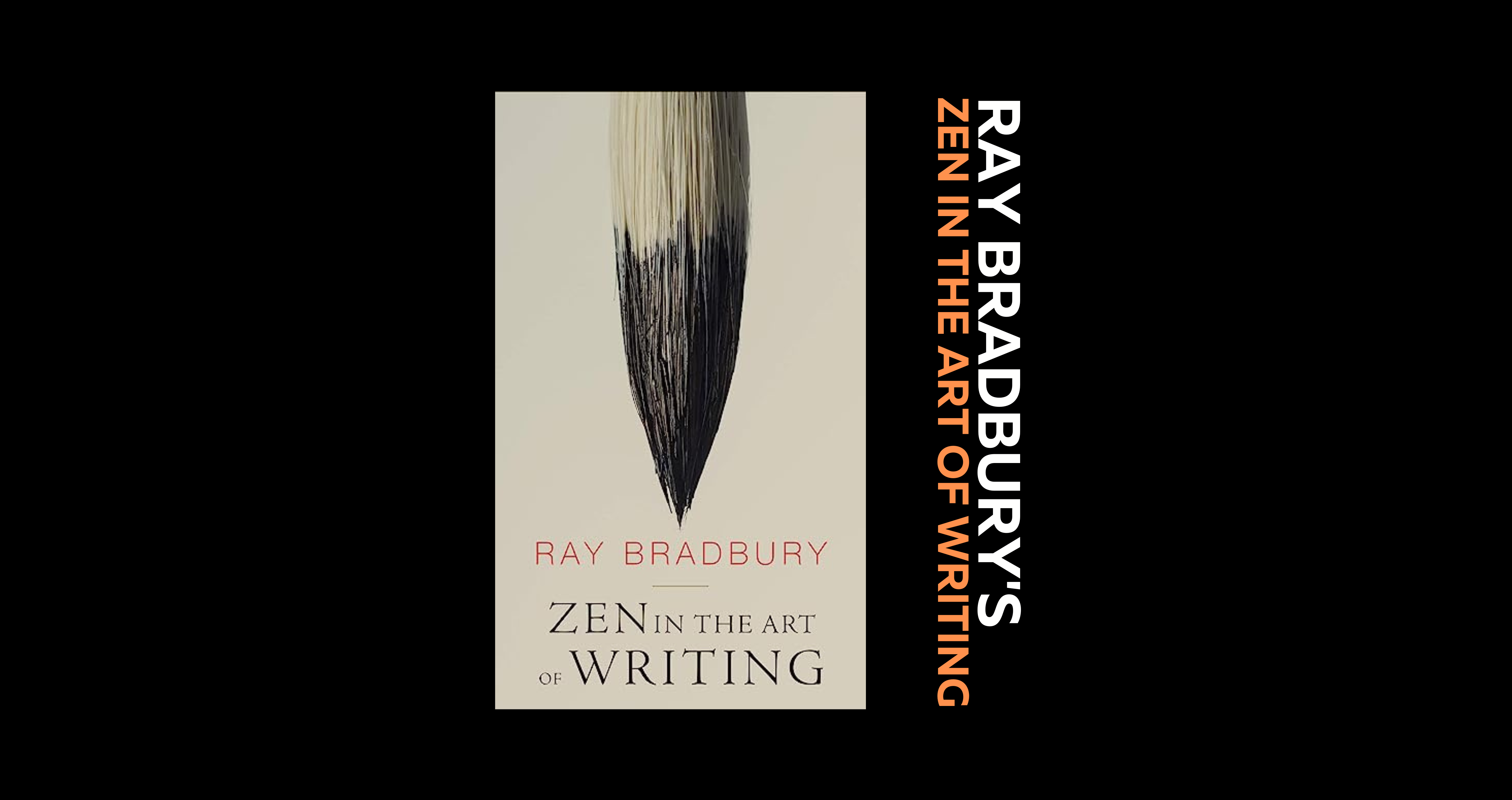I have learned, on my journeys, that if I let a day go by without writing, I grow uneasy. Two days and I am in tremor. Three and I suspect lunacy. Four and I might as well be a hog, suffering the flux in a wallow. An hour’s writing is tonic. I’m on my feet, running in circles, and yelling for a clean pair of spats.
Zen In The Art Of Writing
I grew up reading, and obsessing over lists—bestsellers, critically-acclaimed, award-winning—and dreaming about writing that flows effortlessly. Alas! It was not to be as easy a feat as I had imagined. I realised that being a prolific reader is no guarantee to becoming a prolific writer, and a considerable amount of work goes into honing one’s skills. Even then it generates but a distant possibility of becoming a writer of some mettle. At long last, one might create something of worth—a writer’s dream.
I realized I had at last written a really fine story. The first, in ten years of writing. And not only was it a fine story, but it was some sort of hybrid, something verging on the new.
Zen In The Art Of Writing
For me, writing has developed into a quest—of self and the craft. Demanding as this exploration may be, the thrill of creation is overpowering. It’s true that on most days, I am my only reader. And when I do need some inspiration, I turn to our old friends who have been-there-and-done-that. Ergo, a good part of last year, I spent in the able hands of Ray Bradbury, E.M. Forster, Ursula K. Le. Guin et al.
I needed that approval. We all need someone higher, wiser, older to tell us we’re not crazy after all, that what we’re doing is all right. All right, hell, fine!
Zen In The Art Of Writing
Early this year, a friend recommended (that is putting it mildly) Ray Bradbury. He proclaimed Bradbury’s genius, and insisted I must clear the table for him. I heeded his advice. I picked Zen in the Art of Writing, and have since read Dandelion Wine and Fahrenheit 451, but Zen in the Art of Writing propelled me to write more; to write often; to treat setbacks as minor inconveniences; to let it flow; and to never stop.
They all knew the joy of creating in large or small forms, on unlimited or restricted canvasses. These are the children of the gods. They knew fun in their work. No matter if creation came hard here and there along the way, or what illnesses and tragedies touched their most private lives. The important things are those passed down to us from their hands and minds and these are full to bursting with animal vigor and intellectual vitality. Their hatreds and despairs were reported with a kind of love.
Zen In The Art Of Writing
I think one of the reasons I picked up this book was because the title intrigued me. How could one practise zen in the art of writing? My interpretation of this philosophy, if I may call it so, has to do with taking big leaps of faith, and writing authentically, and then trusting the writing to unravel itself as you will.
Only this: if you are writing without zest, without gusto, without love, without fun, you are only half a writer. It means you are so busy keeping one eye on the commercial market, or one ear peeled for the avant-garde coterie, that you are not being yourself. You don’t even know yourself. For the first thing a writer should be is—excited. He should be a thing of fevers and enthusiasms. Without such vigor, he might as well be out picking peaches or digging ditches; God knows it’d be better for his health.
Zen In The Art Of Writing
Bradbury rounds up with some concrete advice on literary diet—one that comprises essays, short stories and poetry. While addressing the audience at the 6th Annual Writer’s Symposium By The Sea presented by Point Loma Nazarene University, he urged aspiring writers to “cram their eyeballs” all they can with these three forms—every single day!
We never sit anything out. We are cups, constantly and quietly being filled. The trick is, knowing how to tip ourselves over and let the beautiful stuff out.
Zen In The Art Of Writing
My quest to become a better writer continues, and is unlikely to end. There is no careful treading where a deep plunge does it. And just in case, I don’t like what I write, I write again until I do.
What can we writers learn from lizards, lift from birds? In quickness is truth. The faster you blurt, the more swiftly you write, the more honest you are. In hesitation is thought. In delay comes the effort for a style, instead of leaping upon truth which is the only style worth dead falling or tiger-trapping.
Zen In The Art Of Writing
Zen In The Art Of Writing by Ray Bradbury was first published in 1990. Read it for its honest, no-nonsense take on what it really takes to be a good writer.
